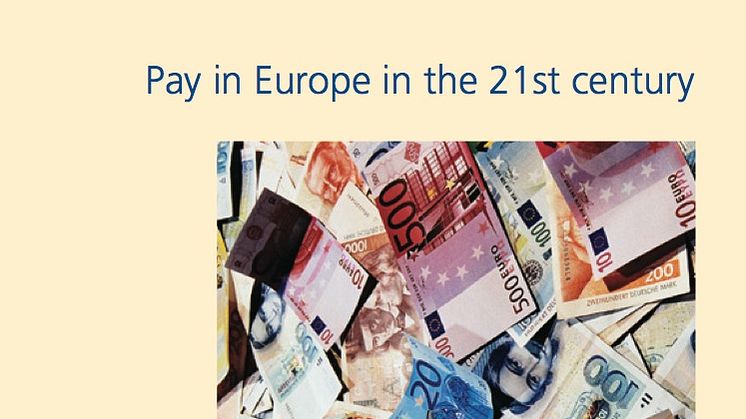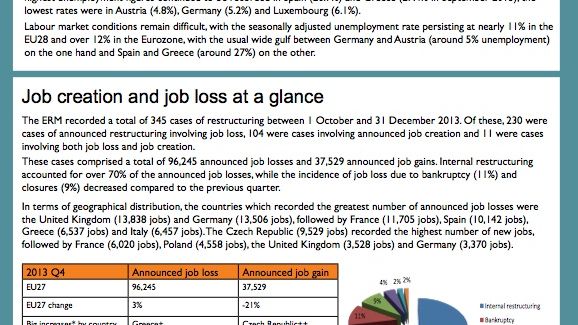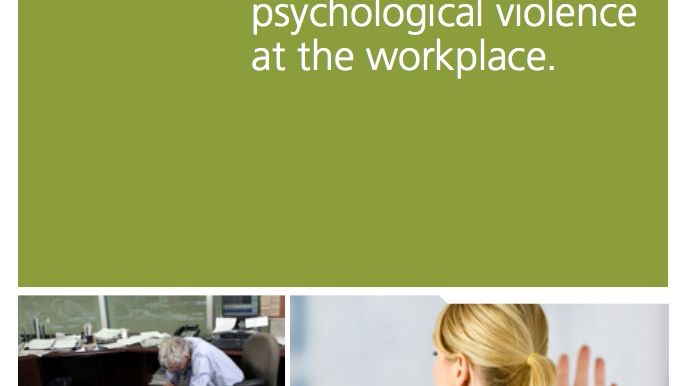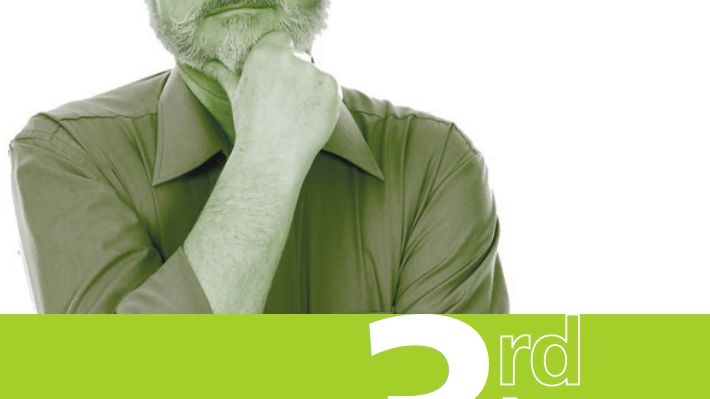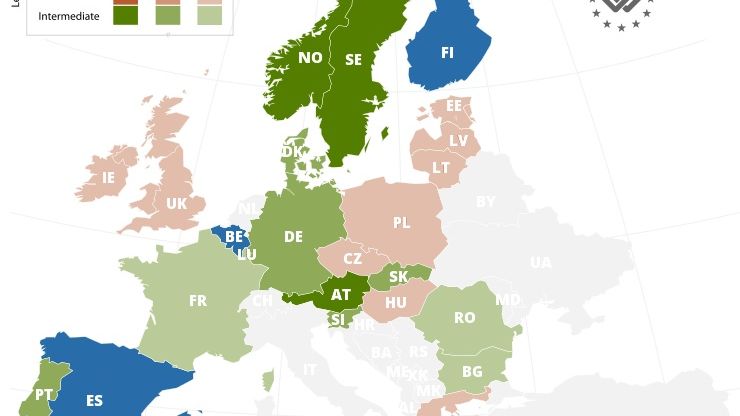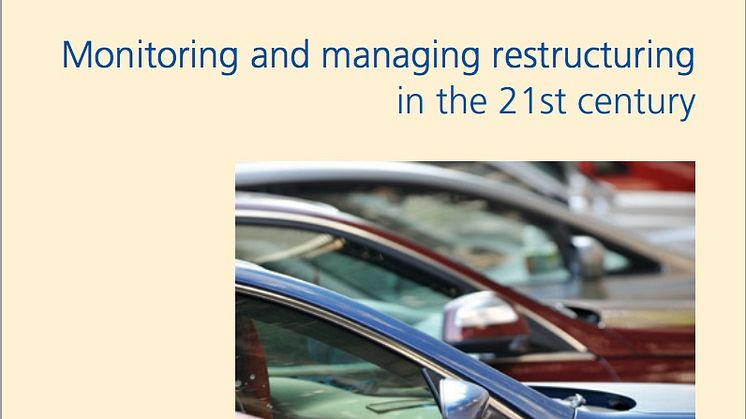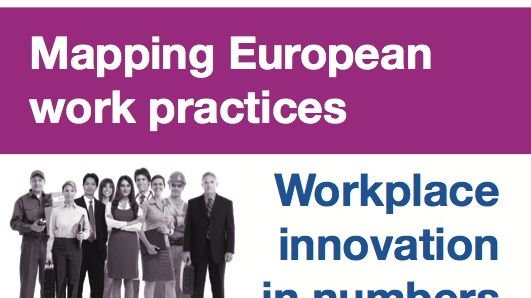Wage setting mechanisms and minimum wages under the spotlight in Europe
The 'Pay in Europe in the 21st century' report provides comparative time series on wage-bargaining outcomes across the EU Member States and Norway. It also investigates the different systems and levels of minimum wages in Europe at present, evaluating the implications of a hypothetical scenario of a minimum wage set at 60% of the median national wage.
